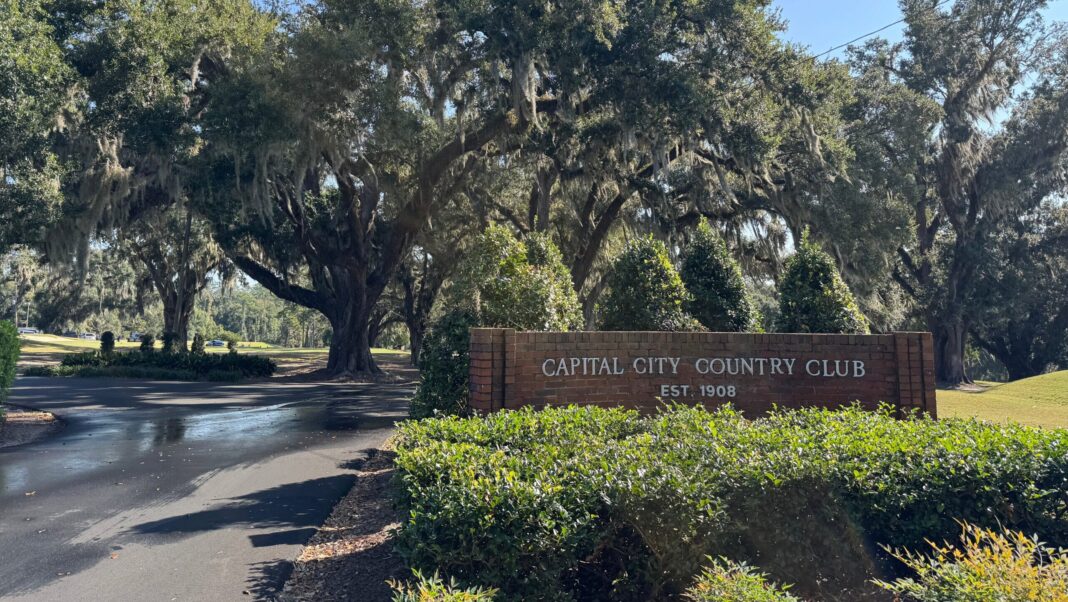Unearthing the Past in Tallahassee: A Call for Reckoning
A Troubling Legacy Beneath the Green
In the heart of Tallahassee, Florida’s capital city, an unsettling legacy lies hidden beneath the sleek, manicured lawns of the Capital City Country Club. This picturesque location, with its towering live oak trees and serene golf course, is steeped in a dark history that has begun to resurface, prompting a renewed discussion among residents about the community’s painful and segregated past.
Many locals are calling for a public reckoning as remnants of the area’s slave-holding history emerge. Buried under the picturesque landscape are the long-lost graves of enslaved people who once toiled on the plantation that occupied this land, a site that once thrived on cotton and submitted to the exploitation of human lives.
Forgotten Graves and Unmarked Cemeteries
Across the United States, countless unmarked and forgotten cemeteries serve as silent witnesses to the lives of enslaved individuals. These sacred sites, often overlooked in urban planning and development, are rapidly at risk of being lost forever. In Tallahassee, archaeologists with the National Park Service have made a significant discovery: 23 unmarked graves and an additional 14 possible graves have been identified near the seventh hole of the golf course.
As Tifany Hill, a local resident and advocate for preserving history, poignantly pointed out, “We know they were enslaved. But who were they?” This question resonates deeply within the community and speaks to a broader struggle for acknowledgment and respect for those buried in forgotten sites.
The Slow Path to Memorialization
Despite recognizing the importance of these discoveries, the Tallahassee City Commission has yet to erect a memorial at the site, even after more than four years of discussions and planning. Initial proposals to create a commemorative site intended to protect and honor these graves have stalled, raising concerns among advocates about the city’s commitment to remembrance.
Now, city officials face the possibility of selling the land to the country club, which has been renting the property for a nominal fee of just $1 a year for nearly seven decades. This arrangement began in 1956, as the club sought to circumvent a U.S. Supreme Court ruling that mandated the desegregation of public parks and facilities.
Community Backlash and Activist Outrage
The recent proposal to sell the 178-acre golf course to the club for $1.25 million, with stipulations to maintain the property as a golf course and allow for public access to the memorial site, has ignited fierce pushback from community members. Activists, including Delaitre Hollinger, whose ancestors were enslaved in Leon County, have voiced their outrage. “They were sold on the auction blocks of Leon County, and now we are willing to sell them again,” he expressed during a recent city commission meeting.
In a county once characterized by plantations and a significant enslaved population—which accounted for three out of every four residents on the eve of the Civil War—there are only a handful of known burial sites. Activists are pushing for answers as to why the city has delayed action on plans to commemorate these sacred locations.
Questions of Accountability and Proactive Steps
City administrators attribute the stalled memorialization efforts to ongoing negotiations, as well as recovery from the damaging tornadoes that struck the area in 2024. However, many residents remain skeptical. Questions linger about why city staff has not prioritized the identification and commemoration of those interred at the site.
Kathleen Powers Conti, a history professor at Florida State University focusing on preserving sites of trauma, expressed her dismay over the proposal. She urged the city to actively seek out the descendants of the individuals buried there, highlighting a glaring oversight in planning conversations.
The Importance of Recognition and Dignity
For advocates like Tifany Hill, the struggle transcends mere historical preservation; it is about granting dignity to the departed. The people laid to rest in what is now a golf course have been denied their rightful place in history for too long. “It’s our history,” Hill declared. “It could be my ancestor that’s in there.”
The echoes of their lives, intertwined with the very fabric of this community, demand acknowledgment. The path forward remains uncertain, yet the voices advocating for recognition resonate loudly among the lush fairways of the golf course, calling for a reclamation of the past and the dignity of those who came before.



